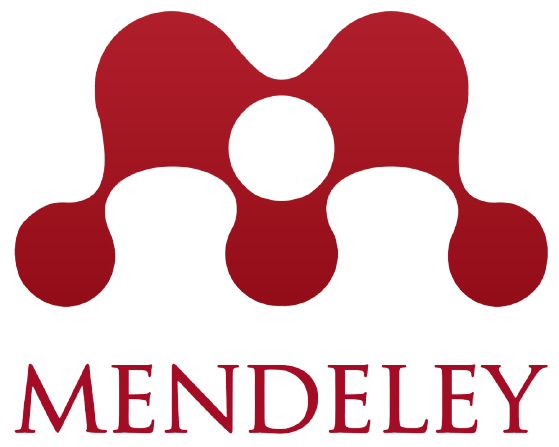DAILY JOURNAL OF GRATITUDE AS THE IMPLEMENTATION OF POSITIVE PSYCHOLOGY IN STUDENT PERSONALITY DEVELOPMENT GUIDANCE AND COUNSELING PROGRAM
Abstract
Abstract—The theory of positive psychology pioneered by Martin Seligman focuses on efforts to explore and develop
characters as the human strengths. By exploring and developing the positive side of the individual will lead someone to
have true happiness. Human life will be meaningful if the positive side of humans can be maximally developed. By
applying positive psychology, it is expected that lecturers can carry out guidance and counseling for the development of
student personalities. Personality developments needed are intrapersonal, interpersonal, problem solving, learning and
professional skills. The Daily Journal of Gratitude is an activity that can be applied to motivate the growth of grateful
habit which is an aspect of positive psychology. Gratitude as a cognitive construction is shown by acknowledging mercy
and kindness for the blessings that have been received by a person and focusing on the positive things. The connection
with personality development is the ability of students to develop intrapersonal skills. As an emotional construction,
gratitude is characterized by the ability to change the emotional response to a thing happened so that it becomes more
meaningful. This is related to the development of students when facing other people or the ability to develop
interpersonal skills. Gratitude emotions involve feelings of amazement, gratitude, appreciation and happiness for the
blessings and the life to be lived. Gratitude as a construction of behavior is kind of respond in return to others for the
benefits and gifts received . Personality development in the construction of behavior is related to learning skills,
problem solving skills and professional skills. By applying the Daily Journal of Gratitude it is hoped that students can
be guided and counseled to become individuals who are able to develop optimally in their lives on campus up to the
graduation day, so that they can have the skills to interact in a complex and diverse multigeneration environment.












 This work is licensed under a Creative Commons Attribution-ShareAlike 4.0
This work is licensed under a Creative Commons Attribution-ShareAlike 4.0